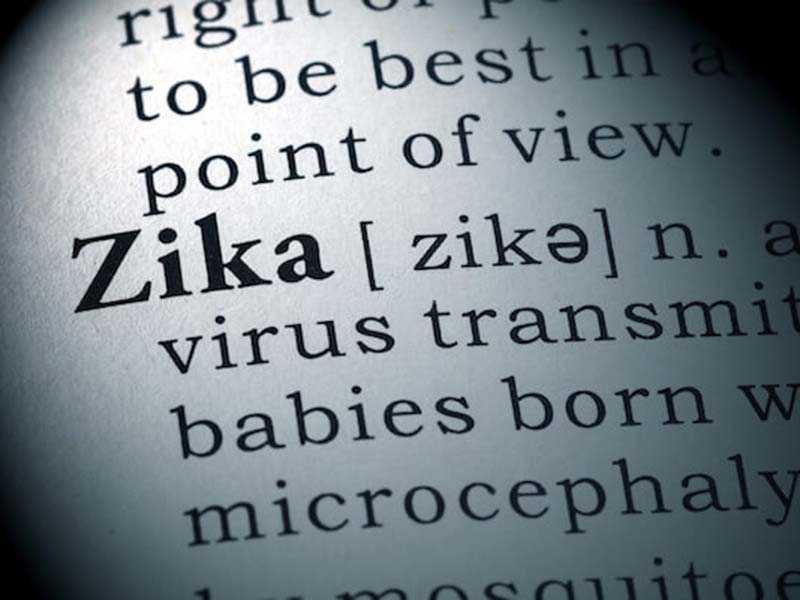All About the Zika Virus
We’ve been hearing about the Zika virus all over the news, but what is it really all about? If you’re wondering where it came form and how it spreads, we here at Brevard Health Alliance are here to educate you and spread awareness of what is turning into a global crisis.
Zika virus was first discovered in 1947 and is named after the Zika forest in Uganda. In 1952, the first human cases of Zika were detected and since then, outbreaks of Zika have been reported in tropical Africa, Southeast Asia, and the Pacific Islands. Zika outbreaks have probably occurred in many locations. Before 2007, at least 14 cases of Zika had been documented, although other cases were likely to have occurred and were not reported. Because the symptoms of Zika are similar to those of many other diseases, many cases may not have been recognized.
In May 2015, the Pan American Health Organization (PAHO) issued an alert regarding the first confirmed Zika virus infection in Brazil and on Feb 1, 2016, the World Health Organization (WHO) declared Zika virus a public health emergency of international concern (PHEIC). Local transmission has been reported in many other countries and territories. Zika virus likely will continue to spread to new areas.
Symptoms of the Zika Virus
- About 1 in 5 people infected with Zika virus become ill (i.e., develop Zika).
- The most common symptoms of Zika are fever, rash, joint pain, or conjunctivitis (red eyes). Other common symptoms include muscle pain and headache. The incubation period (the time from exposure to symptoms) for Zika virus disease is not known, but is likely to be a few days to a week.
- See your healthcare provider if you are pregnant and develop a fever, rash, joint pain, or red eyes within two weeks after traveling to a place where Zika has been reported. Be sure to tell your health care provider where you traveled.
- The illness is usually mild with symptoms lasting for several days to a week after being bitten by an infected mosquito.
- People usually don’t get sick enough to go to the hospital, and they very rarely die of Zika. For this reason, many people might not realize they have been infected.
- Zika virus usually remains in the blood of an infected person for about a week but it can be found longer in some people.
- Once a person has been infected, he or she is likely to be protected from future infections.
Potential Complications of Zika Virus Disease
During large outbreaks in French Polynesia and Brazil in 2013 and 2015 respectively, national health authorities reported potential neurological and auto-immune complications of Zika virus disease. Recently in Brazil, local health authorities have observed an increase in Guillain-Barre syndrome which coincided with Zika virus infections in the general public, as well as an increase in babies born with microcephaly in northeast Brazil. Agencies investigating the Zika outbreaks are finding an increasing body of evidence about the link between Zika virus and microcephaly. However, more investigation is needed to better understand the relationship between microcephaly in babies and the Zika virus. Other potential causes are also being investigated.
Transmission of the Zika Virus Disease
Zika virus is transmitted to people through the bite of an infected mosquito from the Aedesgenus, mainly Aedes aegypti in tropical regions. This is the same mosquito that transmits dengue, chikungunya and yellow fever. However, sexual transmission of Zika virus has been described in two cases, and the presence of the Zika virus in semen in one additional case.
Zika virus disease outbreaks were reported for the first time from the Pacific in 2007 and 2013 (Yap and French Polynesia, respectively), and in 2015 from the Americas (Brazil and Colombia) and Africa (Cabo Verde). In addition, more than 13 countries in the Americas have reported sporadic Zika virus infections indicating rapid geographic expansion of Zika virus.
Treatment
There is currently no vaccine to prevent or specific medicine to treat Zika infections, but the best thing that can be done is to treat the symptoms.
Where ever you live, the environment and those who inhabit it need our help, and spreading awareness is the best thing you can do to encourage others to become knowledgeable about this global crisis.
































































































































